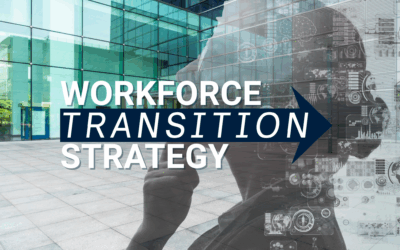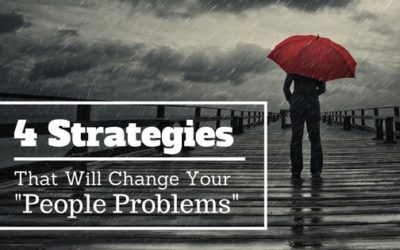Navigating the Future:
Leadership on the Edge in a World of Constant Change and Ethical Responsibility
Leadership has always been challenging, but in today’s world, it is more difficult than ever. Leaders are facing a complex and ever-changing landscape, with new challenges emerging all the time.
One of the biggest challenges facing leaders today is the pace of change. The world is changing faster than ever before, and leaders need to be able to keep up. They need to be able to adapt to new technologies, new business models, and new ways of working.
Another challenge facing leaders today is the increasing complexity of the world. Leaders need to be able to understand and navigate a complex global economy, as well as complex social and political issues. They need to be able to build relationships and collaborate with people from all over the world.
Contemporary Leadership Challenges
Leaders today are facing a number of other challenges, including:
- The rise of anti-establishment and patriotism. This is making it more difficult for leaders to build consensus and get things done.
- The decline of trust in institutions that have long held values and beliefs. This is making it more difficult for leaders to build trust and support for their policies.
- The increasing polarization of society as we see in our political community. This is making it more difficult for leaders to bring people together and find common ground.
- The threat of climate change whether it is true or not. This is a major challenge that will require global cooperation and leadership.
- The rise of technological change with the advancement of artificial intelligence. This will change the way business, manufacturing, delivery, mining, and many other ways of doing things like farming will be done in the future.
Despite these challenges, leadership is more important than ever before. Leaders are needed to guide us through these complex and uncertain times. They are needed to help us solve the challenges we face and build a better future.
Key Principles of Adaptive Leadership for a Changing World
Ethics is an integral part of leadership. Every decision, whether personal, intentional, relational, that we address is a gift that as leaders we bring to our organization. Ethics defines who we are, and it is personal to each of us. Ethics are about us and it affects our leadership and the organizations we lead. Ethics is about today and impacts the technology we embrace. Ethics is about tomorrow and defines the legacy we leave.
Here are some tips for leading in today’s challenging world:
Be adaptable. The world is changing faster than ever before, so leaders need to be able to adapt to change. They need to be open to new ideas and new ways of doing things.
Be complex. The world is complex, so leaders need to be able to understand and navigate complexity. They need to be able to think strategically and see the big picture.
Be collaborative. Leaders need to be able to build relationships and collaborate with people from all over the world. They need to be able to build consensus and get things done.
Be authentic. People are more likely to trust and follow leaders who are authentic and genuine. Leaders need to be themselves and be true to their values.
Be visionary. Leaders need to have a vision for the future and be able to communicate that vision to others. They need to be able to inspire people to follow them.
AI’s Impact on Leadership and the Ethical Imperative
Artificial intelligence has been around but is now on a very fast train to changing the workplace and the people that work in the marketplace. Machine training is moving faster than we can imagine, but a machine will not think humanly, therefore without the human touch, train wrecks are going to happen. That is why those of us that are leaders need to be on the cutting edge of leading the way to world change with an ethical mindset.
Leadership is not easy, but it is essential in today’s world. Leaders are needed to guide us through these complex and uncertain times. If you are a leader, remember to be adaptable, complex, collaborative, authentic, and visionary.
As a leader, we must consider what legacy we are leaving to our kids and the next generation.
This is a long-term vision that leaders are challenged with, to consider the impact of our decisions 100 years from today.




